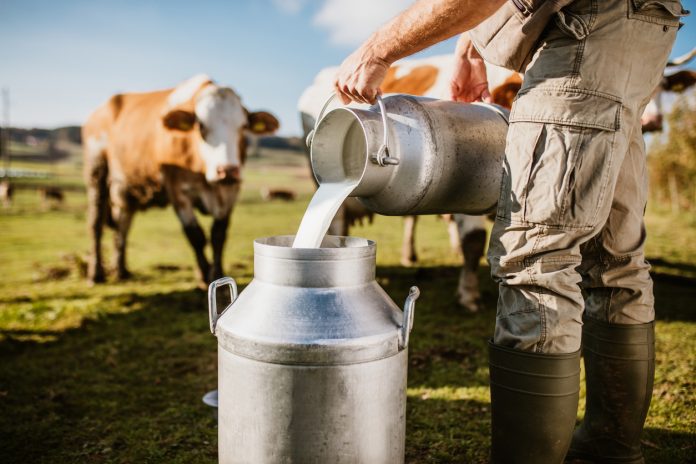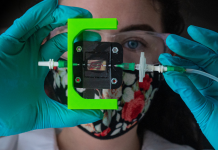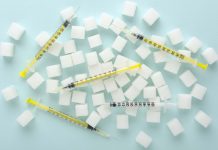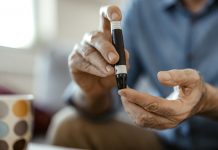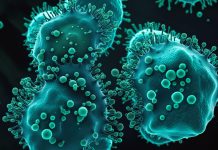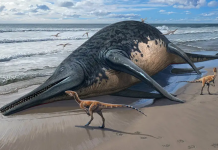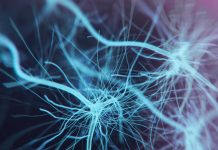Researchers have successfully developed the world’s first transgenic cow capable of producing human insulin in her milk
This achievement, led by a collaborative effort between the University of Illinois Urbana-Champaign and the Universidade de São Paulo, holds promise to address drug scarcity and high costs faced by individuals living with diabetes worldwide.
“Mother Nature designed the mammary gland as a factory to make protein really, really efficiently. We can take advantage of that system to produce a protein that can help hundreds of millions of people worldwide,” said Matt Wheeler, professor in the Department of Animal Sciences.
“We can take advantage of that system to produce a protein that can help hundreds of millions of people worldwide,”
Using cow embryos
Professor Matt Wheeler, who led the project, highlighted the natural efficiency of the mammary gland for protein production. By strategically inserting a segment of human DNA into cow embryos, the team achieved targeted expression specifically within mammary tissue, ensuring that no human insulin circulates in the cow’s blood or other tissues.
Ten cow embryos were implanted into normal cows in Brazil, resulting in the birth of a single transgenic calf. The researchers used updated genetic engineering technology to express proinsulin, the prototype to active insulin, exclusively in mammary tissue.
Despite initial challenges in inducing lactation, the transgenic cow exceeded expectations by producing detectable levels of proinsulin and insulin in her milk. Wheeler described the mammary gland as “magical,” highlighting its ability to process proinsulin into biologically active insulin.
“Our goal was to make proinsulin, purify it out to insulin, and go from there. But the cow basically processed it herself. She makes about three to one biologically active insulin to proinsulin,” Wheeler said.
Cows supplying insulin needs
Extrapolating from typical Holstein milk production rates, a single litre could produce thousands of units of insulin. With plans to re-clone the cow and optimise lactation cycles, the researchers aim to establish a purpose-built herd capable of mass-producing insulin.
Wheeler envisions a future where a herd could supply the entire country’s insulin needs, with larger herds capable of meeting global demand within a year.
This approach offers a sustainable alternative to insulin production methods and uses established dairy industry infrastructure. However, the are hurdles to face before transgenic cow-derived insulin can reach patients.
Regulatory approval and developing efficient purification processes are essential steps toward widespread implementation. Wheeler expresses confidence in the realisation of this transformative technology.
Editor's Recommended Articles
-
Must Read >> Diabetes – Is life without insulin possible?


